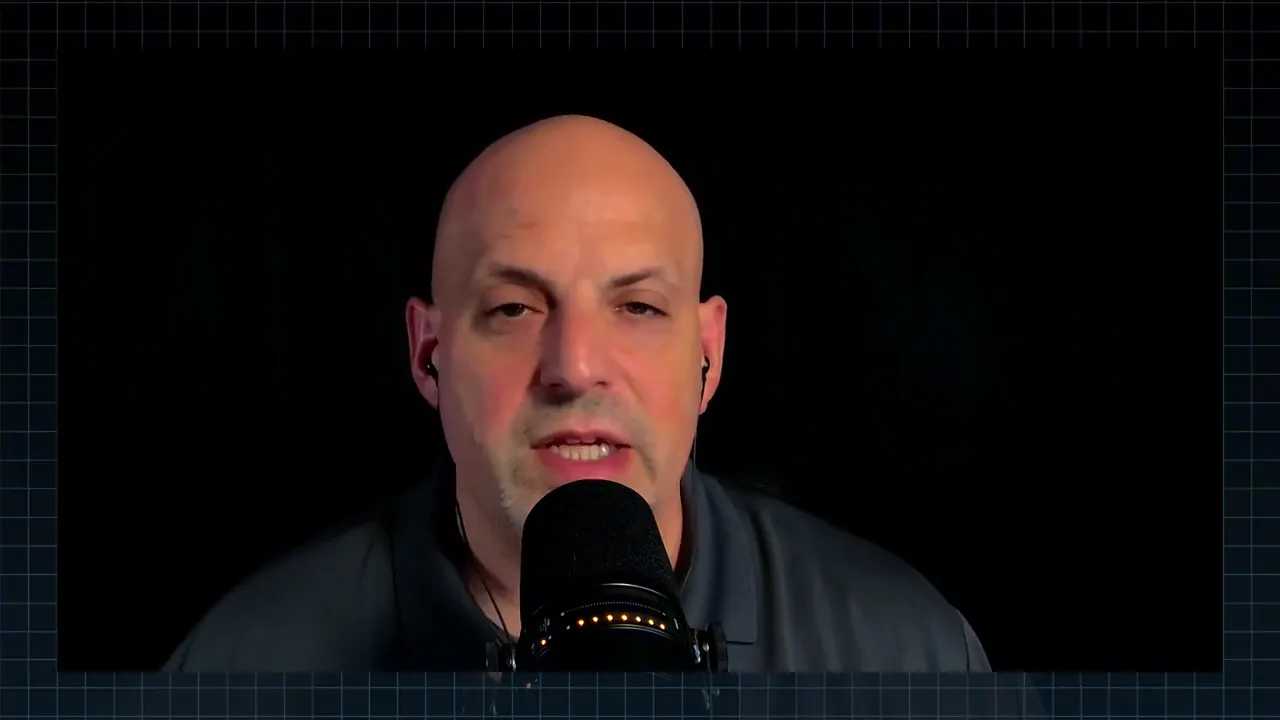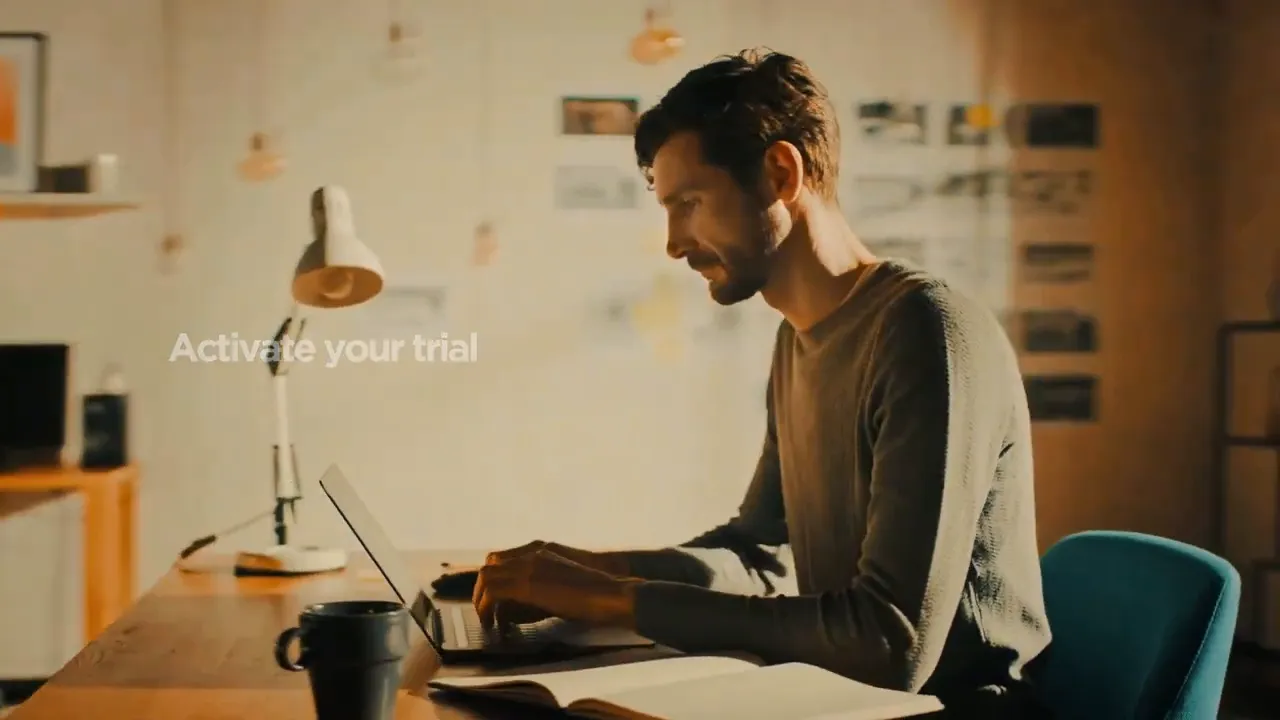I'm Beau Eckstein, Business Ownership Coach, and I want to walk you through how to take a bold startup idea that includes real estate and turn it into a fundable SBA loan package. If you're imagining a venue, campground, or hybrid hospitality project, the pathway to the finish line isn't magic — it's structure, assumptions, and storytelling. As the host of the Business Ownership Coach | Investor Financing Podcast, I break down the practical steps that lenders and underwriters care about so you can build a lendable deal.
Why real estate startups have an edge
When you're starting a business that includes real estate, lenders view it differently than a pure-service startup. Collateral lowers the lender's downside, which means the financing conversation starts from a better place. That doesn't mean an SBA loan is guaranteed — it means you have a foundation to build a compelling case. On the Business Ownership Coach | Investor Financing Podcast I emphasize that collateral is only one component. The rest is about eliminating uncertainty with clear assumptions, market comps, and demonstrable management capability.

Start with a business plan and the right tools
Your business plan is the roadmap for lenders. It doesn't have to be a masterpiece of design — it must be clear and defensible. Start with a template (I recommend SCORE's templates) and then layer in the specifics: zoning confirmation, site plan (for campgrounds or yurts), capacity, pricing, and operations. I often leverage AI to draft and refine descriptions, but the heart of the plan is the assumptions and how you justify them. On the Business Ownership Coach | Investor Financing Podcast I walk entrepreneurs through turning a concept into a bankable document.
Revenue assumptions: ADR, occupancy, and comps

Underwriters will want to see how you arrived at your revenue numbers. For hospitality-like projects, break your forecast into clear metrics: ADR (Average Daily Rate), occupancy percentage, event tickets, and number of events or weddings per year. Don't guess — pull comps. Find nearby campgrounds or venues and document their ADRs and occupancy to support your thesis. If your first-year projections show 20 campsites at $100 a night with 40–60% seasonally adjusted occupancy, show comparable properties that back up those numbers. That granularity is what moves a file from “idea” to “lendable.”
Strengthen the case: feasibility studies & transferable experience
Startups carry risk. The way to mitigate that risk for lenders is to load the deal with compensating factors. A well-prepared third-party feasibility study can be invaluable — it signals independent validation. Likewise, present a strong owner/operator resume that highlights transferable skills: hospitality management, event planning, operations, or project management. If you lack direct experience, bring in partners with the right background. On the Business Ownership Coach | Investor Financing Podcast I emphasize that lenders need confidence in both the numbers and the team executing them.
Building projections and the importance of assumptions
Photo by Amina Atar on Unsplash
Projections are a narrative in numbers. Lay out monthly or annual revenue streams (campsite fees, event rentals, food & beverage, ancillary services) and then attach explicit assumptions to each line. If you project 30 weddings a year at an average ticket of $7,000, show wedding market data and local competitor pricing. Underwriters are not psychic — your job is to make it obvious why your assumptions are reasonable. The Business Ownership Coach | Investor Financing Podcast stresses that this level of transparency reduces friction and speeds up lender interest.
Financial structure: down payment, liquidity, and partners
For a $1,000,000 total project, expect a minimum 10% down payment on many SBA structures. Lenders also want to see post-closing liquidity — funds remaining after you close — because running a startup takes cash. If you're light on cash, consider an investor partner who can provide down payment or post-close liquidity. Partners owning less than 20% may not have to personally guaranty, depending on structure, but they add both capital and expertise. The Business Ownership Coach | Investor Financing Podcast often advises entrepreneurs to architect deals intentionally: don't throw concepts at lenders; assemble a viable capital stack.
How to get lenders and underwriters to take a hard look

Bank Development Officers (BDOs) and SBA lenders review many submissions. To get them to pursue your file, make their life easy. Present a concise executive summary, a defendable set of financials, a clear sources & uses statement, collateral schedule, and resumes for key principals. Highlight the compensating factors up front: third-party feasibility, strong comps, experienced management, committed investor capital, and post-close liquidity. If you need help, consider working with someone who does SBA packaging every day — the time savings and improved results are often worth the fee. As I discuss on the Business Ownership Coach | Investor Financing Podcast, that packaging step separates funded deals from good ideas that stall.
Loan products and next steps
Photo by Amina Atar on Unsplash
There are several government-backed loan products that can work for real estate startups: SBA 7(a) for working capital and acquisition, SBA 504 for real estate and major fixed assets, USDA programs in certain rural markets, and other guaranteed products. Each has nuances around down payment, eligible uses, and amortization. The next step is to map your project to the right product and assemble the supporting package so a BDO can present it to their underwriter. If you want help structuring or pitching your deal, book a call at bookwithbeau.com — I work with entrepreneurs to package SBA 7(a), 504, USDA, and other guaranteed loan products regularly.
Conclusion: build the story, validate the math, and assemble the team

To recap, startups that include real estate have an advantage because of collateral, but they still require a thoughtful, evidence-based loan package. Use a robust business plan template, document every key assumption, pull local comps, consider a third-party feasibility study, and present transferable experience or partner expertise. Architect your capital stack to include down payment and post-close liquidity or investor partners who contribute capital or operational knowledge. When you present a clear story with supporting documentation, BDOs and underwriters can and will give your project a hard look. That's the approach I teach on the Business Ownership Coach | Investor Financing Podcast and in one-on-one coaching.
Next steps:
- Draft a concise executive summary that states what you need and why it's bankable.
- Build detailed projections with explicit assumptions and comps.
- Confirm zoning and site feasibility, or commission a feasibility study.
- Line up partners to fill capital or experience gaps.
- If you want help, schedule a call at bookwithbeau.com.
If you found this walkthrough useful and want deeper guidance on packaging your SBA loan request, the Business Ownership Coach | Investor Financing Podcast covers real-life examples and step-by-step strategies. Ready to move forward? Book a consult or join our group at businessownershipacademy.com to keep the momentum going.


